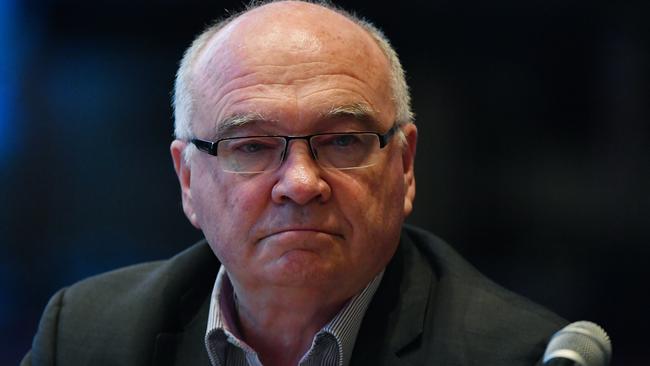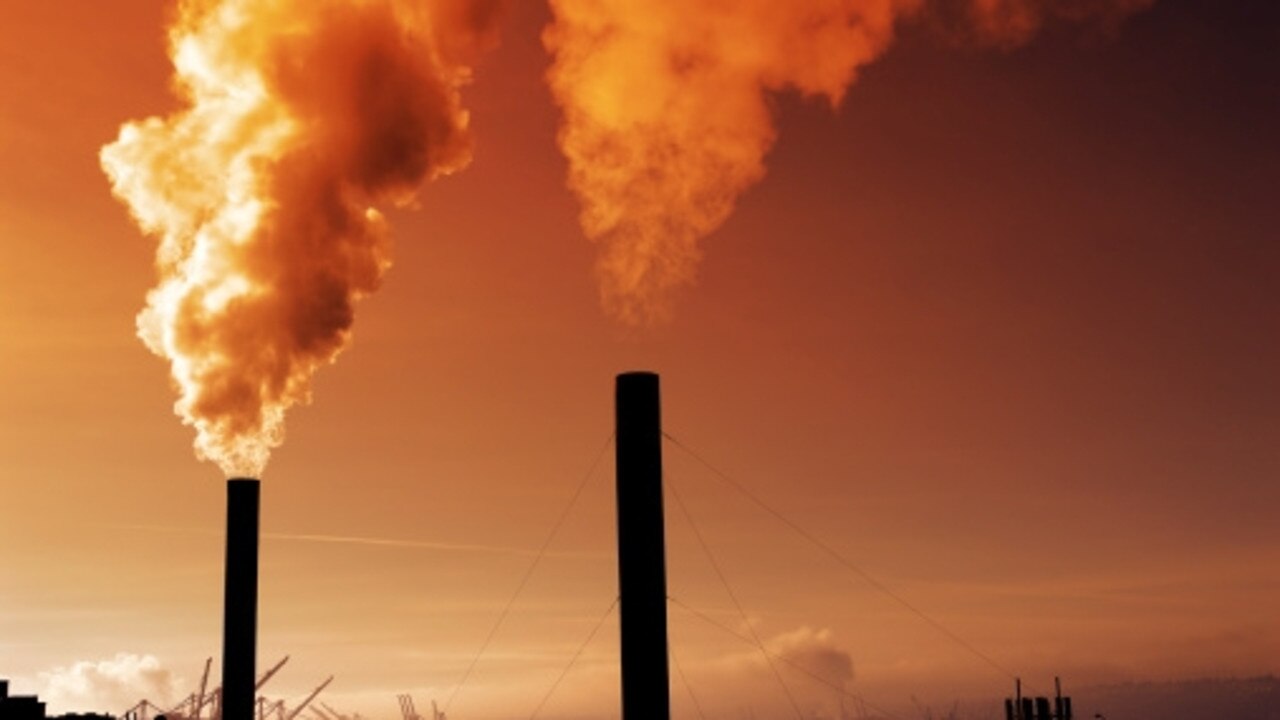Firms ‘face $1600 power hit’ under Labor
Power prices could rise as much as 35 per cent under Labor’s emissions reduction target, according to new research.

Power prices could rise as much as 35 per cent under Labor’s emissions reduction target, adding up to $1600 to the average annual electricity bill of some businesses, according to modelling commissioned by the Menzies Research Centre.
The study comes as the business lobby warns that the threat of bill shock and increasing power supply interruptions could make some small operators unviable unless both sides of politics deliver security and price certainty.
A joint report to be released today by the Liberal-aligned think tank and the Page Research Centre on retail price scenarios under Coalition and Labor climate change policies claims that under the high-cost path of a 45 per cent emissions reductions target, small to medium-sized business would pay more than $1600 extra in annual power bills by 2030.
In real terms, the report claims, this would equate to an increase in operating costs of $2273 a year. It claims that under the Coalition’s lower target of a 26 to 28 per cent reduction, in line with Australia’s Paris Agreement commitments, there could be a reduction in power prices of more than $2000 a year.
The modelling is based on underlying wholesale price projections contained in research undertaken by economic modelling firm BAEconomics.
“Under Labor’s policy, the retail price will increase by up to 35 per cent in some markets,” the Menzies Research Report says.
“Under the Coalition’s policy, retail prices will significantly decline by up to 42 per cent.”
However, it does recognise that in some markets, the price increases for small businesses will be only marginally higher than they would be otherwise.
The report’s underlying claims contradict Labor assertions that its climate change policies, which include a 50 per cent renewable energy target and the 45 per cent emissions reduction target, would cut prices down by 25 per cent because of the lower cost of renewable technologies.
The Council of Small Business of Australia will later this month hold a summit on the risks posed by continuing uncertainty in the power sector.
Council CEO Peter Strong has warned that bill shock would be a significant factor for the viability of some small businesses.
The Menzies report claims household bills will rise on average by up to $560 a year under Labor and fall by about the same amount under the Coalition. However, it says small to medium-sized businesses will “feel the pain”.
“Business margins will be squeezed, in some cases to a point to which they cannot survive,” the report says.
“In energy-intensive sectors, particularly those in which there is limited discretion around timing of electricity consumption, the burden will be particularly onerous.”




